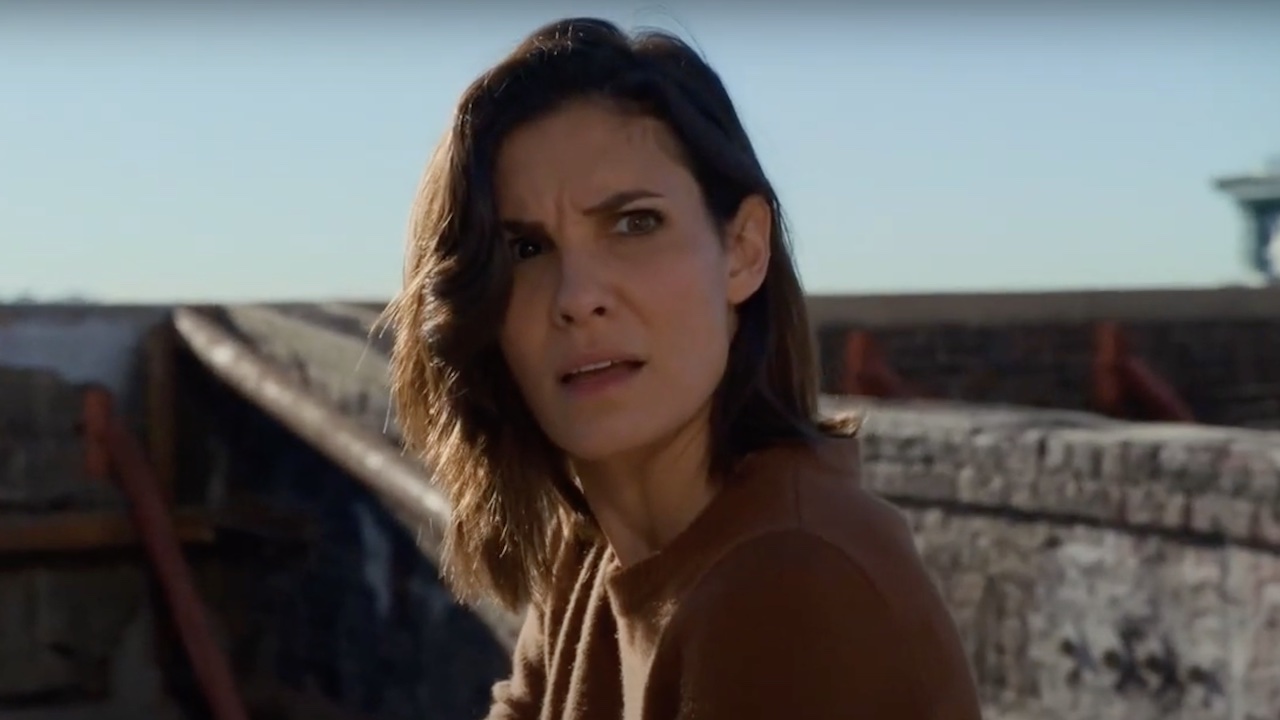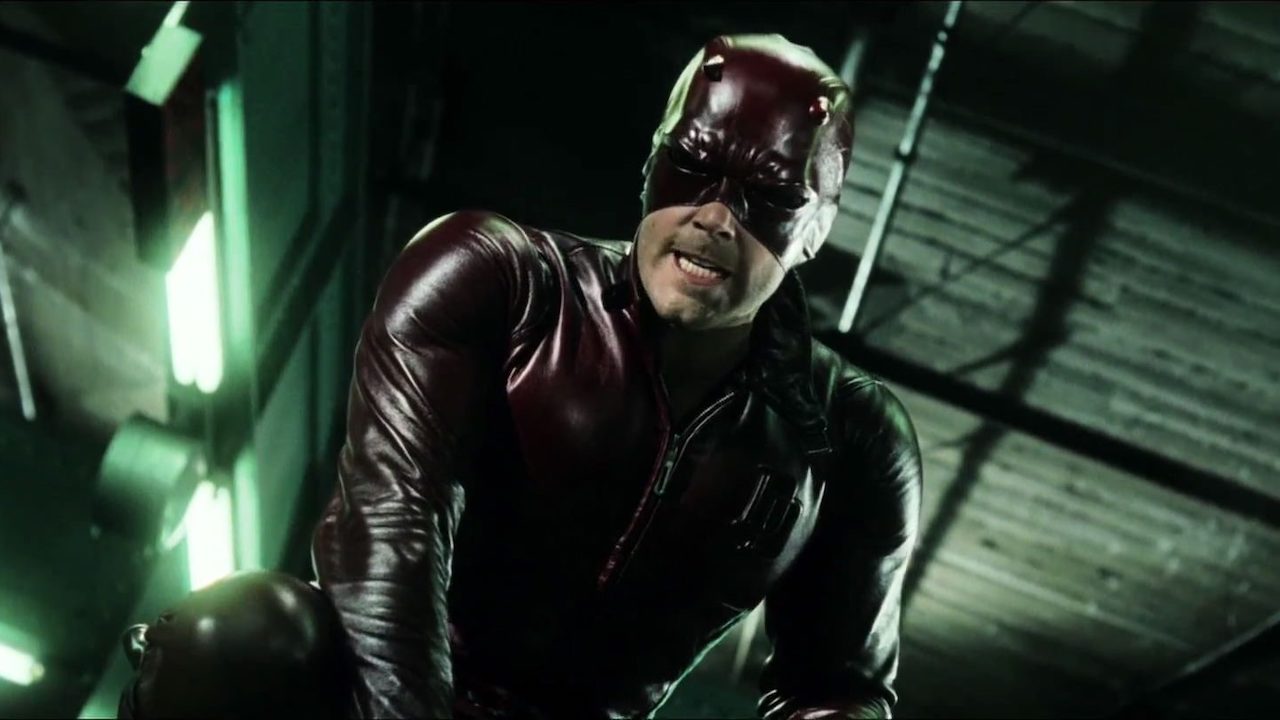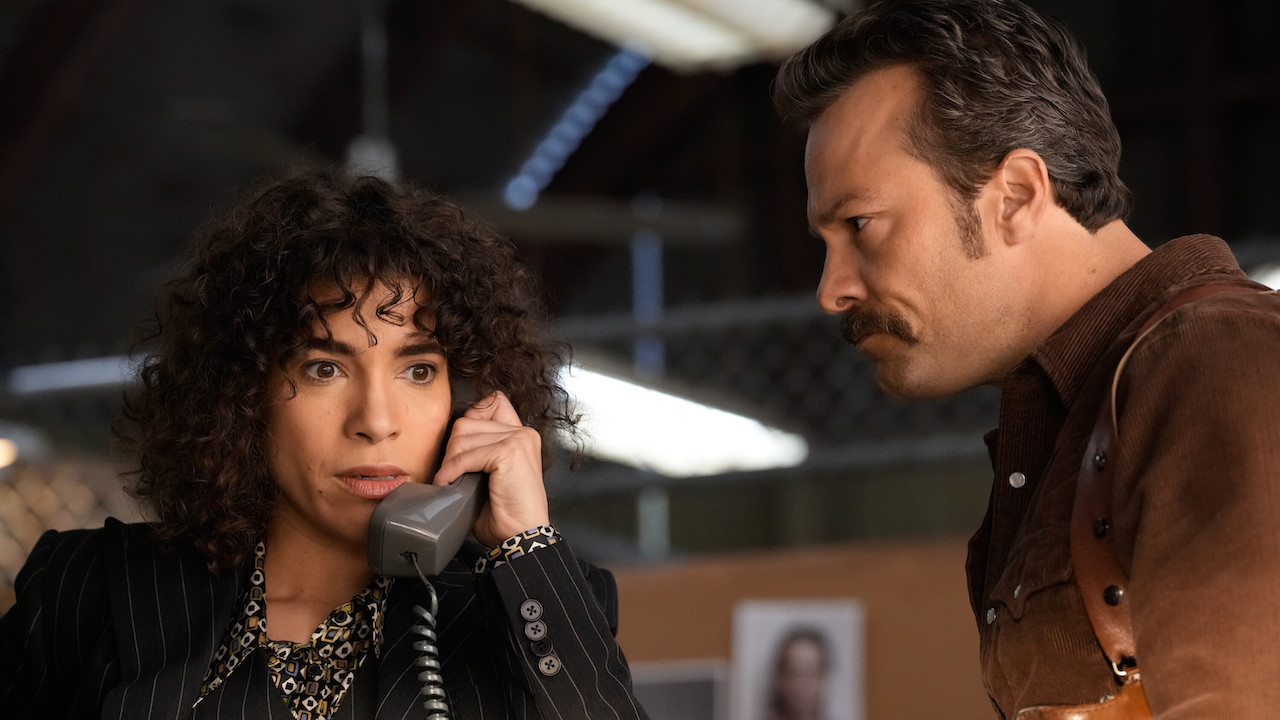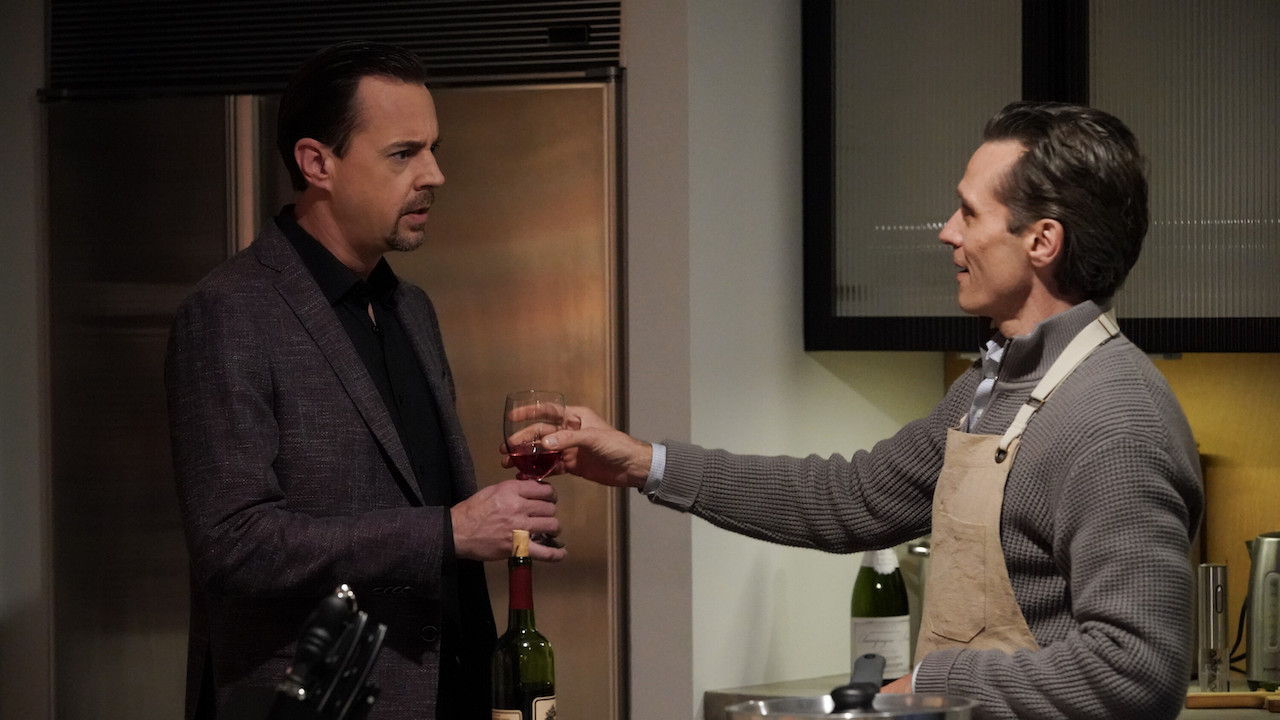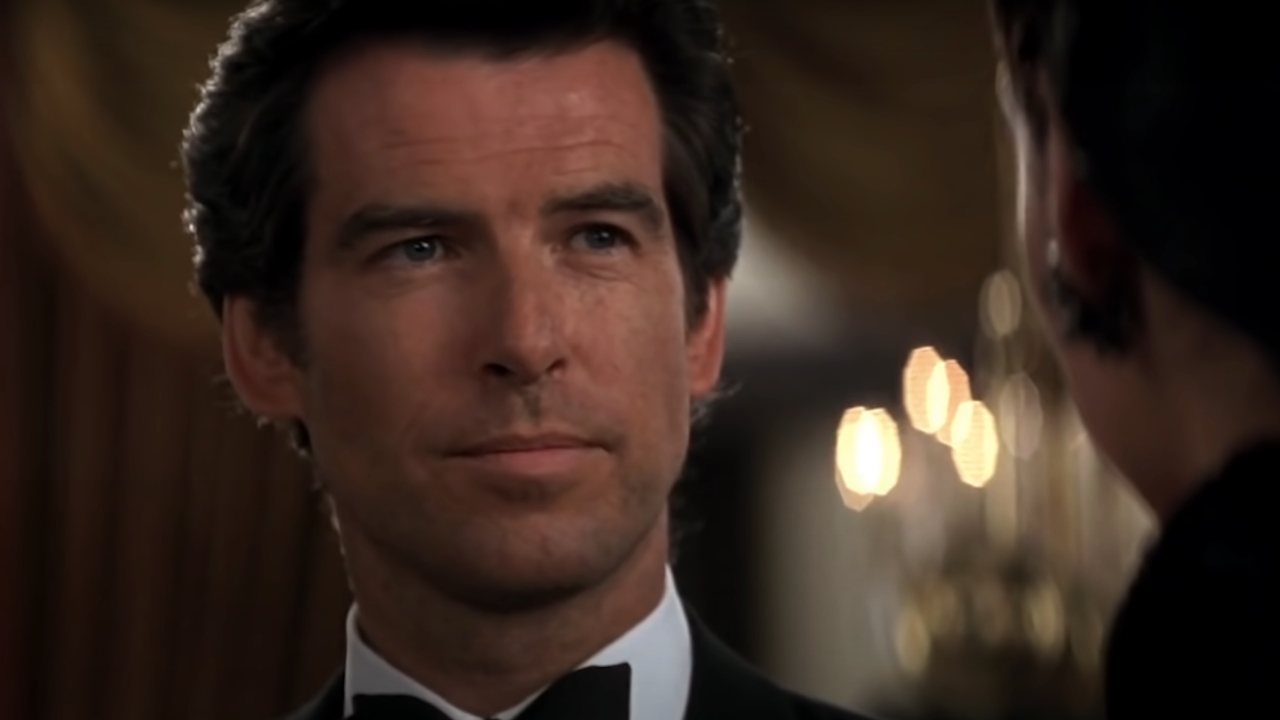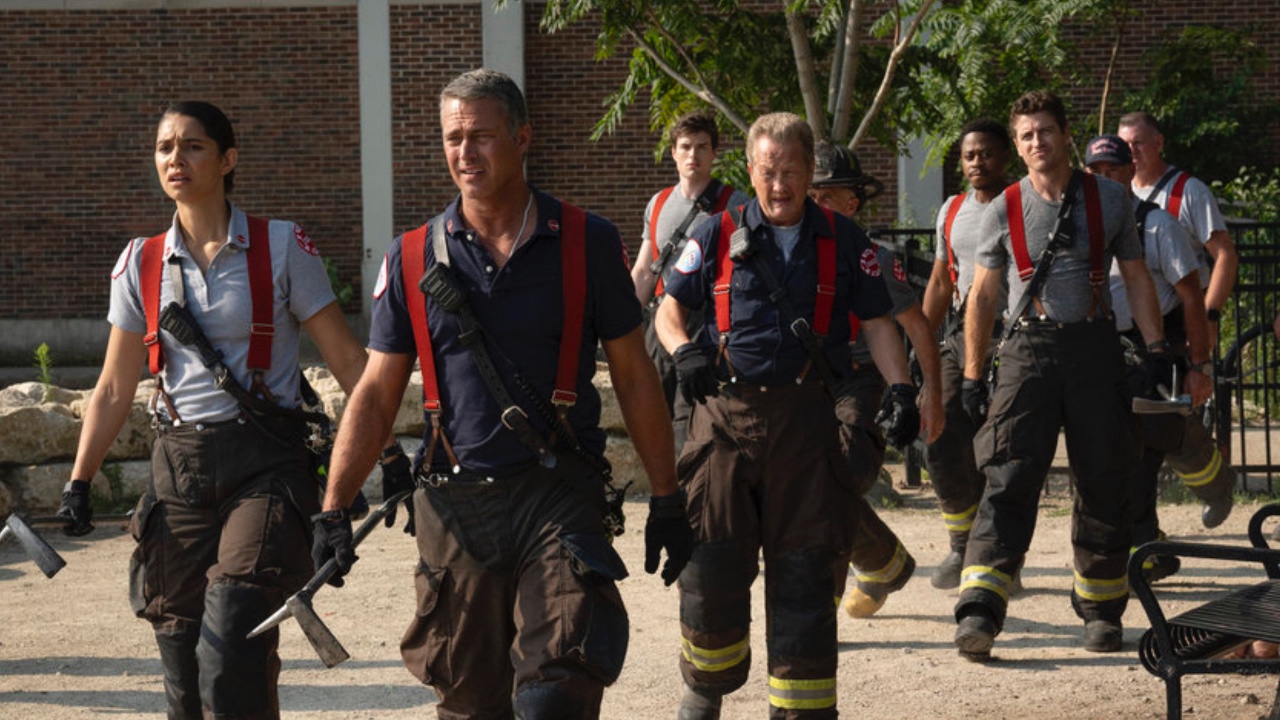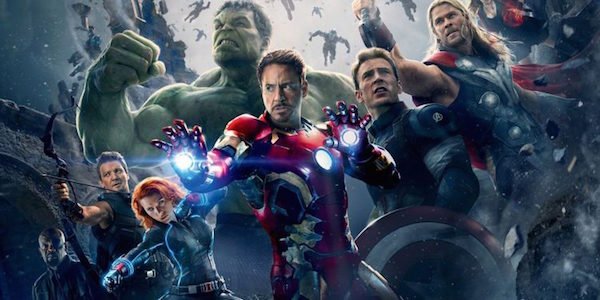
Studio President Kevin Feige gets a lot of the credit on the creativity and business side for the success of the Marvel Cinematic Universe, but he didn't do the job alone. In addition to the scores of executives, producers, directors, crewmembers, actors, and writers working on these movies, there was also a creative committee, a group of people from different pockets at Marvel who helped give notes on productions from script to screen. Using Marvel experts to help guide an infant MCU is a no-brainer, but this committee was reportedly a frequent source of frustration and eventually was disbanded. Now, with Phase 3 half over, it's time to look back and see how the MCU has fared without their influence.
The last two movies that the Creative Committee was involved with were Captain America: Civil War and Doctor Strange. After that, it's all just pure Marvel Studios. By that logic, we should be able to look at the last four entries of the MCU and compare them with what came before to look for patterns. Is there anything different between the majority of Phase 3 and the previous two Phases? Yes, I think so, and it's time to see how much of that is because of the absence of the Committee.
First some background:
The Marvel Creative Committee reportedly consisted of four individuals: Alan Fine, then president of Marvel Entertainment; Brian Michael Bendis, comics writing superstar; Dan Buckley, former publisher and now president of Marvel Entertainment; and Joe Quesada, the former chief creative officer at Marvel. A fairly solid line-up and when you consider the monumental task that Marvel Studios had in front of it in Phase One, trying to connect different franchise into one universe, it only makes sense that it would have extra hands on deck double-checking their notes.
The problem, however, is that the Creative Committee is said to have been oftentimes frustrating for those involved. While the activities of the Committee were kept relatively behind-the-scenes, in 2015, Birth.Movies.Death confirmed the news that the Committee was disbanded after Marvel Studios restructured itself so that it no longer had to answer to the now former Marvel CEO Ike Perlmutter (a whole other beast entirely). The publication wrote that the Committee was often late on giving its notes, slowing down the development process (understandable, given that they had other jobs) and that their notes were less than helpful to filmmakers -- in some case detrimental. The notes that led to Edgar Wright departing Ant-Man allegedly came from the Creative Committee.
This brings us to our first and most obvious difference: creative control. Most film fans will tell you that the director is the one who needs to have maximum creative control to make their movie. Producers having that power is seen as a bad thing, which is why Marvel gets a bad rep as a studio that forces their directors to abide by the rules they set. If the director doesn't like it then they can leave, with the most prominent examples being Edgar Wright, Patty Jenkins -- who almost directed Thor: The Dark World -- and a "broken" Joss Whedon. It's worth noting that Alan Taylor -- who did direct Dark World -- voiced his dissatisfaction working with Marvel, though he did not name the Committee. I would make an argument that this producers-driven model isn't that bad as a whole, but it's obviously not a good image. It's also perhaps not a coincidence that these directors were all a part of Phase 2 movies.
That brings us to Phase 3, which is brimming with powerful examples of films wherein the director's voice rings loud and clear. James Gunn and Taika Waititi's unique sensibilities and humor are all over Guardians of the Galaxy Vol. 2 and Thor: Ragnarok, respectively, while Black Panther unquestionably belongs to Ryan Coogler. These aren't movies that feel like they could have been directed by anyone. True, these movies are sticking to a tried and true formula (that big third act battle is getting a little old), but it's how they play within this formula that matters. There's no proof that says that these movies wouldn't have existed had the Creative Committee stuck around, but there is a feeling of sameness that percolates through the earlier Phases the Committee oversaw.
CINEMABLEND NEWSLETTER
Your Daily Blend of Entertainment News
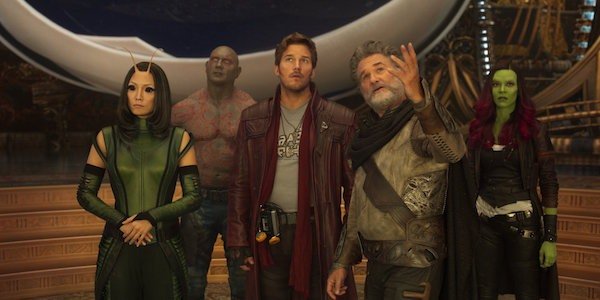
The difficult thing about judging the influence of the Creative Committee is that it really isn't known how much power they had. Could a director just ignore their notes and move on or would that just make them complain louder? James Gunn has said a few things about the Committee which lead me to believe they had some influence over what ends up on screen. In a Facebook Q&A, he said that a committee gave him "messy" notes about Ronan, resulting in the villain being a poor character. Maybe that's just Gunn using a scapegoat to explain away a bad villain, but he doesn't stop there. In Vanity Fair, Gunn said that the Committee wanted to remove the Awesome Mix from the movie. I doubt Gunn would be complaining about the Committee if they had just been something he could ignore, which perhaps illuminates a bigger issue: how much did the Committee know about filmmaking.
At least half of the Committee was composed of guys who knew how to tell a story, but writing a comic book is not the same as writing a movie. Just because you can, say, write a long-form feature for a movie blog, doesn't mean you can write a good screenplay. They are two different industries, and if the guys giving notes say to remove the music -- which is so colossally important to Guardians -- then that's a pretty bad sign. If that's the case, it's hard to imagine what the Committee's notes would have been for Guardians of the Galaxy Vol. 2, a movie with no plot, or Thor: Ragnarok, which turns the Thor franchise into a straight up comedy.
Phase One mostly gets a pass in quality because everyone involved was still working through the kinks and figuring out what they were doing. The only big hits from that era were Iron Man and The Avengers, so let's look at Phase 2, which had some of the best-received movies ever for the MCU. Captain America: Winter Soldier and Guardians of the Galaxy are still referred to as some of the best MCU movies. Everything else depends on whom you talk to. Excluding box office -- because every MCU film makes millions of dollars -- Iron Man 3, Thor: The Dark World, Avengers: Age of Ultron, and Ant-Man are typically a bit more mixed. Each has there defenders and none are bad films, but they aren't praised in the degree of Guardians and Winter Solider. That's over half of a whole Phase that people are just kind of meh over.
The Russo Brothers have also said in the past (via We Got This Covered) that they "didn't have a whole lot of interaction" with the committee during Winter Soldier. The brothers also stated that the removal of the Committee would streamline the creative process and wouldn't impact the quality of the movies, meaning directors had one less obstacle to go through while making decisions on their movies.
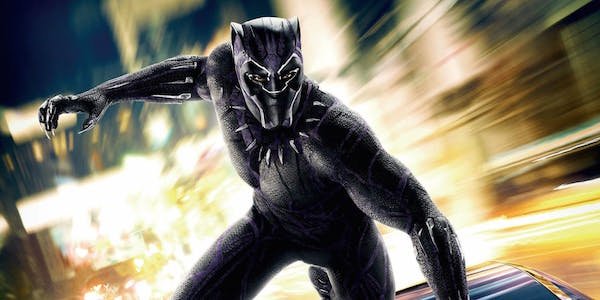
Looking at Phase 3, almost every movie has gone down big with fans and every film but one has 90% or higher on Rotten Tomatoes. Phase 3 has been very solid so far, with each film matching the quality of the one that came before and then maybe even surpassing it. The last four movies especially have been good, each pushing the MCU in different ways. For example, Guardians of the Galaxy Vol. 2 is very character-driven, while Black Panther feels like a genuine movement.
The Committee was still around for Civil War, but the quality of that movie may be the case of the Russo Brothers being able to work well within the Marvel system. It's worth noting that arguably the worst film of Phase 3 is Doctor Strange (it's an okay movie, but this didn't blow anyone's mind outside of the special effect) and at least some of the pre-production was done when the Committee was still around. However, the increased quality of the films could just be Marvel learning its lesson and placing more trust in its directors because A) they can afford to do so now and B) they know they have to spice things up to stay relevant.
While there is a difference in the quality of films and the freedom of the directors and writers involved in-between Phases, I'm not blaming every bad decision Marvel has ever made on the Creative Committee. Marvel Studios is still a company, and like any company, it makes decisions that people don't agree with. Four people alone aren't solely responsible for every bad MCU movie, but it looks like they had some contributed factor. Perhaps it's fairer to say that by removing people with no moviemaking experience from a creative position, Marvel Studios has created a freer and collaborative work environment, which has resulted in newfound energy clearly seen in their films.
Matt has lived in New Jersey his entire life, but commutes every day to New York City. He graduated from Rowan University and loves Marvel, Nintendo, and going on long hikes and then greatly wishing he was back indoors. Matt has been covering the entertainment industry for over two years and will fight to his dying breath that Hulk and Black Widow make a good couple.

